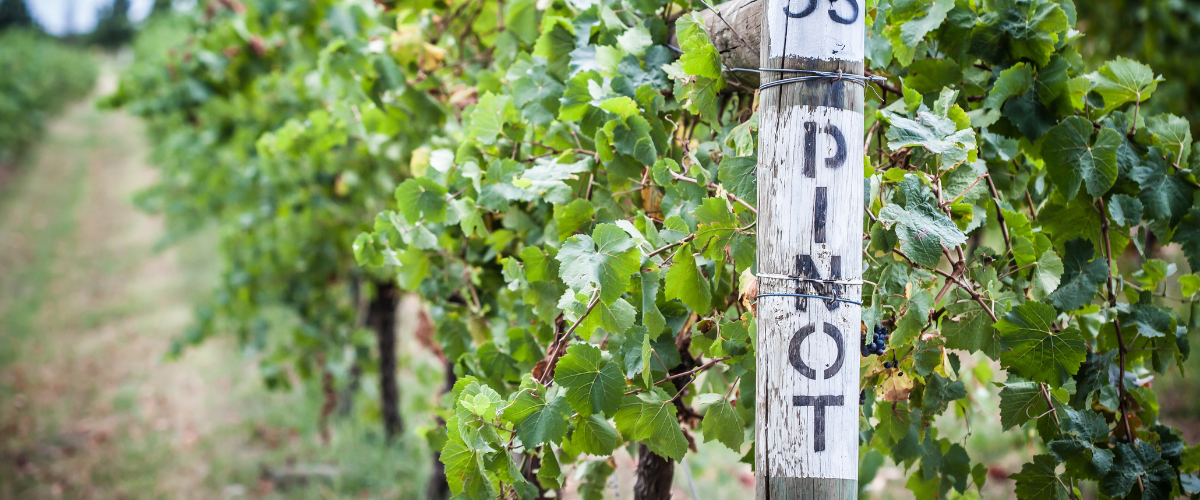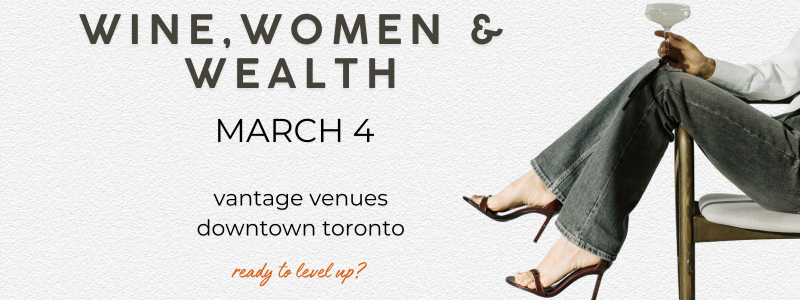What Does "Estate Grown" Mean for Wine?

It's a fancy term.
by Erin Henderson
Like pretty much all things wine, the intent to be clear often ends up leading to more confusion. It's not intended to be this way, but, that's the wonderful world of wine.
The TL;DR version is simply, "estate grown" or even just the single word, "estate," means the grapes were grown on the winery's property, and also turned into wine on the land the winery owns.
You may also like: 11 Popular Wine Terms to Sound Like an Expert
For wine people, this is touted as a real feather in the cap. A mark of serious quality, as from grape-to-glass, every step of production was overseen by the professionals at the winery.
But like all things wine, that's not the entire story.
There are estate wines that are... only ok. Just because the grapes were grown on the land the winery owns, does not automatically put it in the upper echelons of world class wine. (I grow radishes on my city balcony garden. Usually, the farmers market has much better ones than I.)
And just like estate can vary in quality, non-estate wines (though that's not a term), can also range from superb to passable.
There are many, many, many wineries, from boutique to industrial, that rely on independent farmers to provide their grapes for them. Boutique wineries may not be able to afford their own land to grow their own product, and large-scale wineries may not have enough vineyards to keep up with their output.
In some cases, a grape grower may be contracted by one winery over years, or even decades, to grow grapes exclusively for them. In other cases, a grape grower may have several contracts with several wineries, each having a claim to a specific parcel of the vineyard or a specific grape. It's not uncommon to have very high quality, prestigious vineyards that don't make their own wine, the grape growers simply supply other wineries.
The wineries may have very specific demands on how they want the grapes grown and picked, or they may have a more flexible relationship.
You may also like: Natural, Organic, and Biodynamic Wines Explained
I visited a magnificent winery in Rioja, that had a jaw-dropping 70-thousand barrels in the cellar. They used pickup trucks to drive through it. Naturally to produce this much wine, the winery itself relies on many grape farms exclusively contracted to them.
Burgundy is one of the most famous examples where the winery and grape grower relationship doesn't just exist, it's imperative to the region's success: The Napoleonic Code of the 1800's changed inheritance of land ownership to be equally divided amongst all children. Now, 200 years later, vineyards may be so minutely divided it's entirely possible a descendant of a once massive vineyard now only owns half a row of vines. Negoçiants will buy these tiny parcels from dozens, or hundreds, of small lot grape growers, and create a fantastic wine. Sort of like a farmers' cooperative system.
The concept of virtual wineries has also become very en vogue over the last decade or so. A virtual winery is one that doesn't own its own wine making facility nor does it own any vineyards. Instead, grapes are purchased from grape growers and the equipment needed to make wine is rented. The bottles are sold maybe from a licensed shop or through agents, but there is no traditional winery to speak of quality can be quite good, with a talented winemaker buying premium grapes from a top grower, or, it can be basic stuff that will find its way onto banquet tables for cheap.
So, while spying "Estate" on a bottle can mean something magnificent lies inside, it can just as easily mean not much at all.
Your next read: What's the Difference Between Tannins and Acid?

